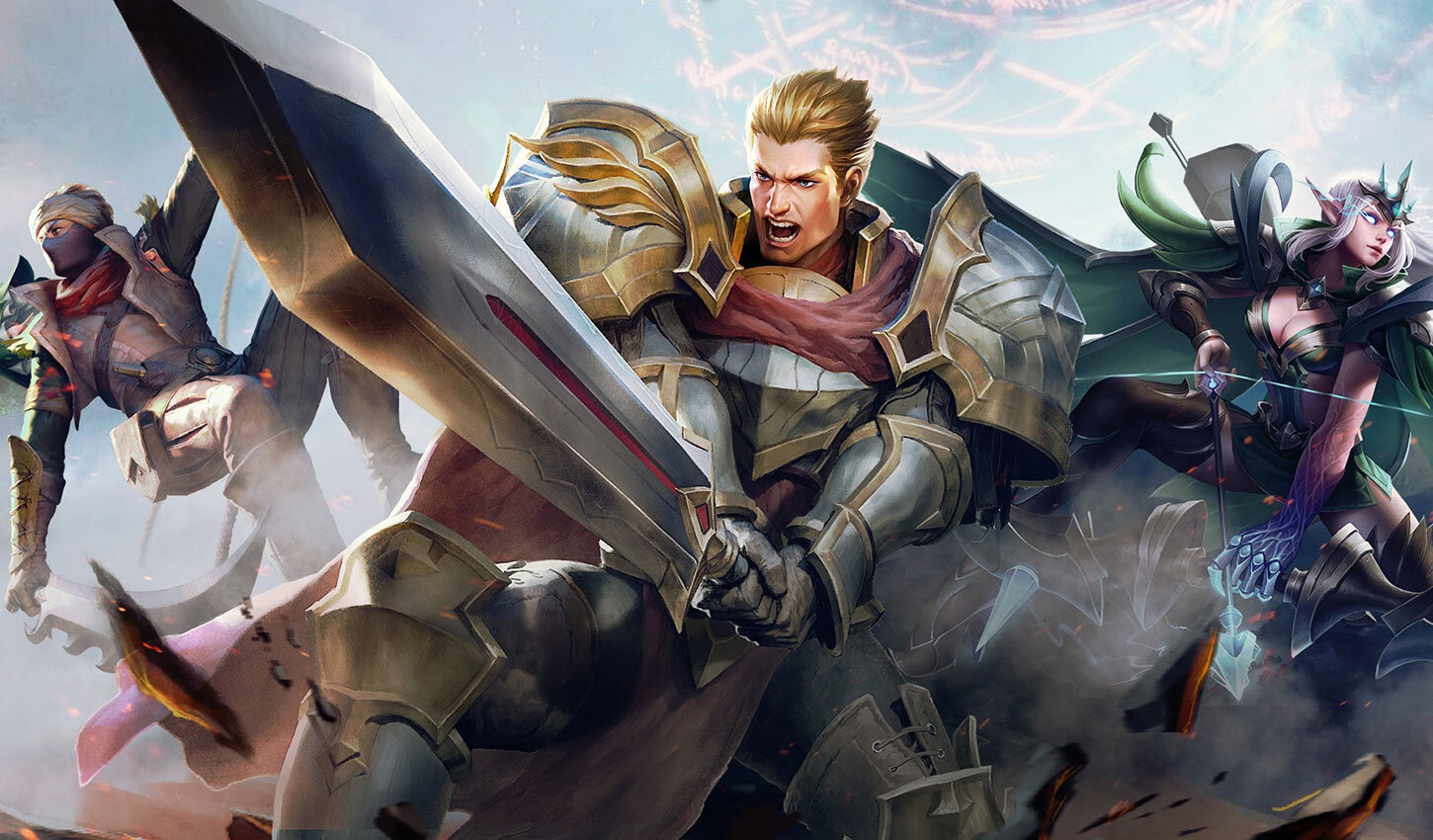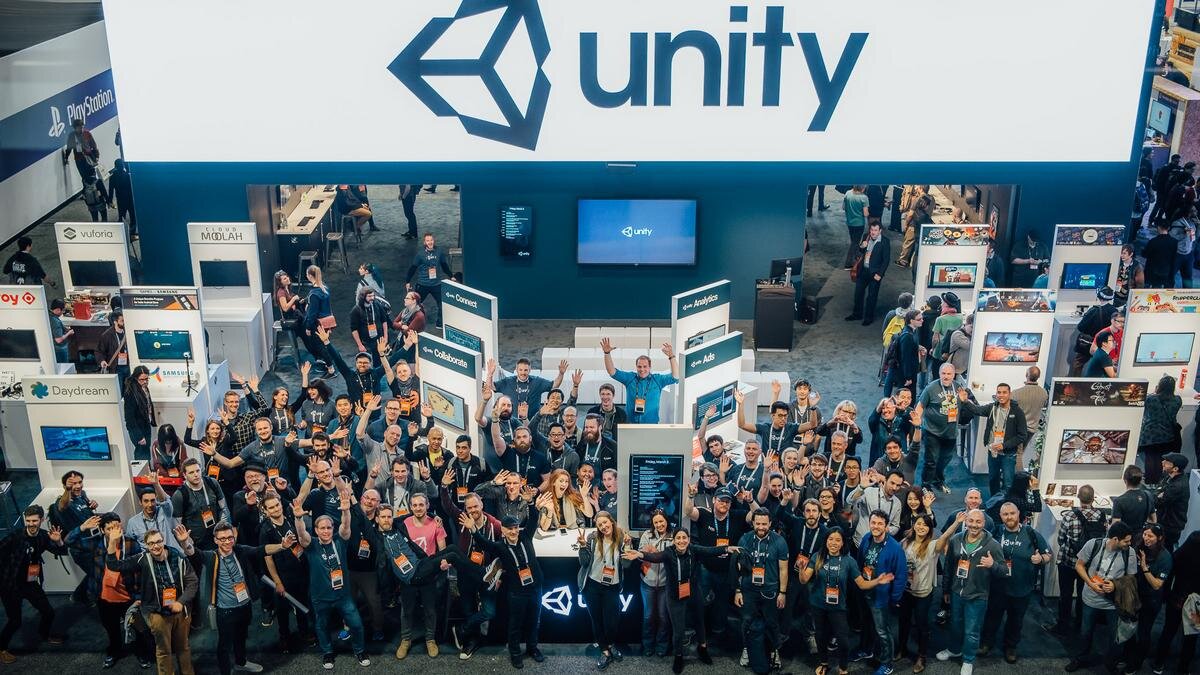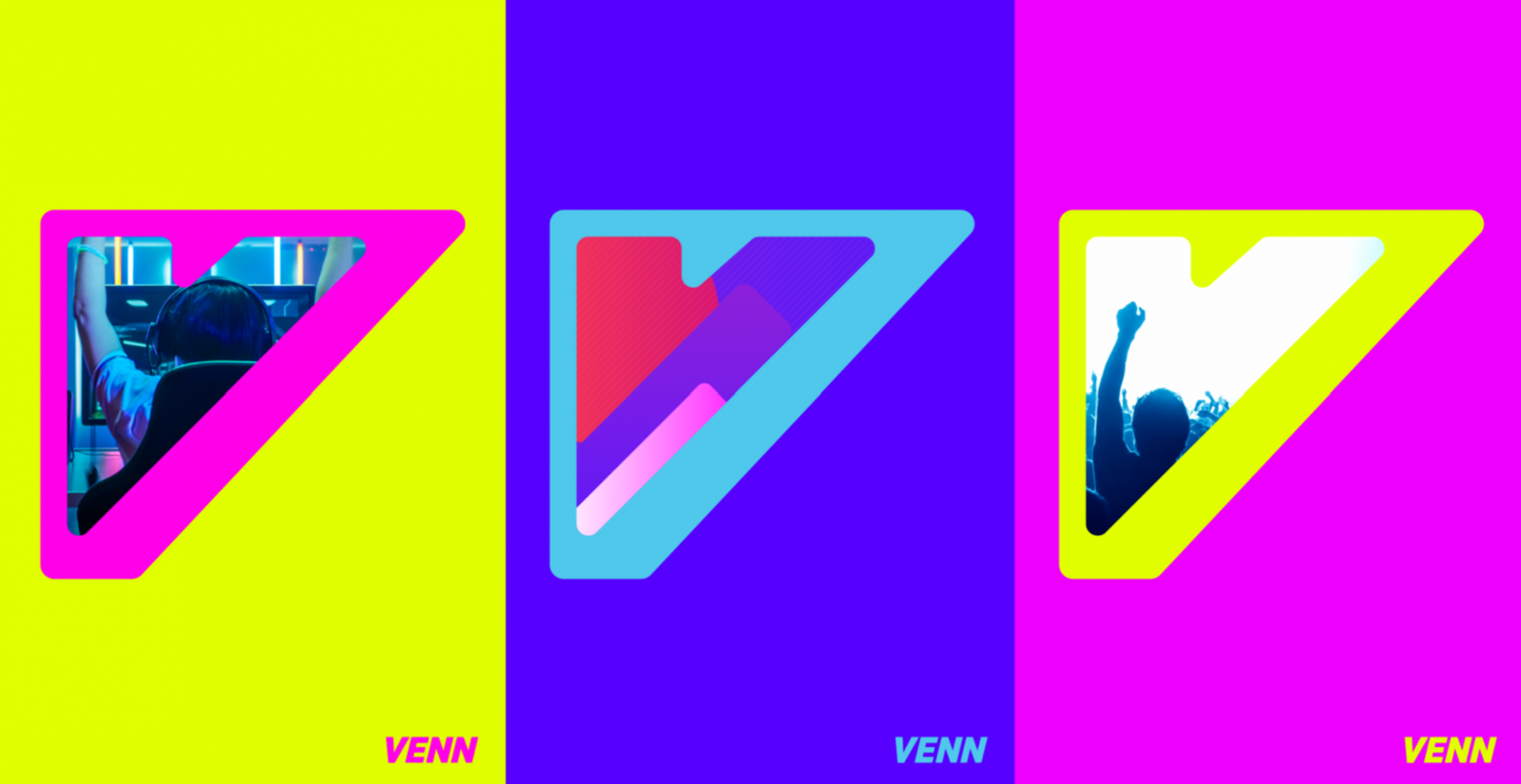Welcome to Master the Meta, the #1 newsletter about the business of video games.
Hi everyone,
Happy console launch week! There is a small related surprise at the end of the post.
Before moving onto the news, a quick note on last week’s meta. I (Aaron here) received feedback from a couple sources that I was being too optimistic with earnings analyses. Ha, maybe! But let me clarify. First, let’s give credit where credit is due; most of these companies have performed exceptionally well. Second, obviously comps for most gaming companies will be difficult in 2021; short-term growth will be challenged as user behavior normalizes. That said, third, most of the big publishers — despite clear short-term growth headwinds — are unquestionably building stronger foundations that drive long-term growth: more hiring, more games, stronger ecosystems, growing digital sales, improving live ops, refocusing on mobile, M&A opportunities, distribution partnerships, tons of cash to reinvest, etc. Yes, even EA which recorded lower revenue and announced a dividend can grow over time.
In a lumpy industry like ours, one should not miss the forest for the trees in my opinion. Our newsletter likes to take that long-term “forest” view. Of course, nothing I say should be taken as advice, as I can always be wrong. We really do appreciate the feedback and welcome more of it. It makes for great debate and will only sharpen our content long-term.
Now, here’s your weekly roundup and analysis of what’s happening in the video game industry…
#1: Tencent Steals the Throne
Tencent’s third quarter results were strong all around, and the company also just surpassed Alibaba as the largest publicly traded Chinese company. That’s a huge feat, and gaming, which is a third of Tencent’s business, had a lot to do with that. Each business pillar — online gaming, social media, advertising, fintech and business services — healthily contributed to 29% revenue growth, rising net margins (27%), and strong cash flows, but online gaming performed the best. Online games revenue grew 45% year-over-year (and 8% sequentially), which was mostly driven by 61% growth in smart phone games revenues.
The keen accountants among us may notice that deferred revenues propped up sequential growth, and in reality net cash receipts actually fell. So even though momentum this year has been phenomenal, normalized post-COVID behavior is now spurring underlying mean reversion. That doesn’t mean there isn’t plenty to highlight or celebrate, though:
-
Honor of Kings exceed 100 million average DAUs for the first 10 months of 2020.
-
Live ops expertise is driving other older games, like Naruto Mobile, to hit all-time highs in DAU and revenue.
-
Moonlight Blade Mobile was 2020’s most successful new MMO launch in China.
-
League of Legends: Wild Rift is being heavily downloaded in available markets so far.
-
Live streaming services (like HUYA) contributed to strong growth in the social networks segment.
-
Tencent Video’s CrossFire drama series was heavily consumed and praised.
-
Important, highly discussed games like Call of Duty: Mobile (China launch) and D&F Mobile are in the works.
-
Other big but less discussed games from Tencent’s internal studios are also in the works.
-
Tencent fully acquired Leyou Technologies, the studio/publisher behind Warframe, purchased a minority stake in hypercasual developer Voodoo, and led the series B for VSPN, a leading esports solutions provider.
Unsurprisingly, there’s a lot going on in the world’s largest video game company. These results are impressive, especially in face of geopolitical headwinds, and even if results modestly ebb and flow there’s little to be concerned about. Rising competition — such as from Bytedance (more on them below) — captures headlines, but it’s nothing existential. Tencent isn’t out to steal 100% market share, there is room for multiple winners, Tencent can still leverage its broader ecosystem (like WeGame or HUYA or WeChat or Tencent Video) to promote its own games, it’s still a partner of choice for foreign companies, its web of global investments / acquisitions is large and growing, and the company has seemingly endless capital to deploy. Despite the success of others, Tencent is stronger than ever.
Of course, in an ever-evolving world Tencent needs to ensure its ecosystem continues to grow stronger, not weaker. Moves such as merging Huya and Douyu (and being the largest + controlling shareholder), acquiring companies like Leyou, partnering with companies like Nintendo, investing in companies like VSPN, and keeping core platforms like WeGame and WeChat strong causes me to think they remain on the right track.
#2: $U Did a Great Job
Unity’s first quarter as a public company was excellent. Q3 revenue grew 53.3%, primarily as a result of a dollar-based net retention rate of 144% (an acceleration from 142% last quarter), gross margins clocked in at 79%, and the company even produced positive free cash flow. Pair these financial results with ongoing market share gains and big wins from customers (like Genshin Impact), and there’s little to complain about.
For a bit more detail, the Operate Solutions, Create Solutions, and Strategic Partnerships segments accounted for 60%, 31%, and 9% of revenue, respectively. Create Solutions — subscription offerings to the editor tools — grew 45%, as sales to developers started picking up again; also, there was a small price increase. Operate Solutions — things like monetization and cloud computing services — grew a whopping 72% year-over-year. This segment benefited from more companies buying more solutions, but it’s also heavily driven by the fact gamers spent more time playing games (and therefore were served more ads through Unity’s ad network). Strategic Partnerships revenue was flat, and there’s not much to dig into there.
All that said, it’s important to remember that this acceleration is likely short-lived. The company is guiding for 27-29% revenue growth next quarter with widening operating losses and negative free cash flow. Even if next quarter’s guidance is sandbagged, this trajectory is plausible for 2021. Most importantly, as end user behavior normalizes, Operate Solutions revenue (most of which is ads-driven) will slow down, and year-over-year comps will be challenging. It’s important to remember that Unity is currently as much an advertising business as a software one, and that can be a double-edged sword.
Of course, many of the longer-term realities we highlighted in our Unity deep dive remain true. Yes, there’s relatively “easy” upside within gaming as Unity adds more industry-specific Operate Solutions, but at 43x sales that may not be enough in the interim. Management thinks they can 10x gaming revenue from here, but they also need to aggressively invest in R&D + acquisitions to build new capabilities for other industries. Related, Unity also need to find scalable business models for those industries, which almost certainly won’t have the same revenue-share monetization upside as gaming. And once they build great tech with compelling business models, they need to ramp up their sales team in new ways to win over new types of customers. In other words, gaming can provide long-term momentum, but winning big in new industries is expensive and comes with uncertainty. That doesn’t mean it can’t be achieved, however.
Lastly, management had interesting comments related to the launch of Lego Microgame, a no-code interface where users can quickly build little games. CEO John Riccitiello said, “We believe the low-code, no-code market will become a substantial part of Unity's business in the years ahead… I believe in the fullness of time, there will be hundreds of millions of people using Unity on a monthly basis and a significant complement of them will be consumers… So expect us to do more to build out an entirely new user base within the Create side of our business in the months and quarters ahead.” This echos Epic Games, Roblox, and Manticore in some ways, and it confirms the rising wave of democratized game creation tools. Unity has great tech, but it isn’t best positioned with non-developers since it doesn’t have massive player bases like Fortnite to pull from. However, as with all things Unity is working on, it will be fascinating to learn more over time.
#3: Partners in an Instant
On Tuesday, Unity announced it’s partnering with Bytedance to provide instant game technology for Bytedance Instant Games. The cooperation aims to convert many existing mobile games into instant games for players to experience on Bytedance's main social video app Douyin (Chinese TikTok) that has a DAU of 400 million and growing. Given that instant games historically haven’t generate much revenue in China, the move is likely initially focused on user engagement and data collection for its long-term gaming strategy.
Bytedance’s ‘silent’ gaming ambition has been well documented. The gaming division is split into two main categories: 1) hypercasual games as a mature profit center, and 2) “the rest” including publishing, self-developed games, and instant games, headed by the newly appointed Yan Shou (ex-Tencent) as Head of Games.
Although hypercasual games command huge download volumes in China, the mid-core/hardcore genres are still the most popular and the most profitable. And so, Bytedance’s expansion continues. Having invested in and/or acquired 7 gaming companies in China since March 2019, Bytedance now has 8 core studios, 20+ self-developed/published titles, and more than 1,000 employees in the gaming division. Bytedance’s non-advertising games revenue is estimated to be around $300-500 million in 2020.
Will Bytedance be able to move up in the gaming sector to take on the pole position of Tencent and NetEase? Only time will tell. But if we look across the pond to Facebook and Snap, which are beginning to leverage their social networks for instant games, or Netflix, which experienced great success in leveraging its viewership data to generate amazing content, the odds are in Bytedance’s favor. Not only is Instant Gaming a rising trend for tech titans around the globe, but it should be a rising trend for Bytedance as well. Read our mini-deep dive on Playco to learn more about the recent heat instant games are getting. (written by Owen Soh)
🔍 Mini-Deep Dive: VENN Has a Lot to Prove
According to Newzoo, the global games market will generate revenues of $159B in 2020. And everyone is familiar with how that number eclipses the movie industry by an easy 4 times, while the music industry by almost 3 times. But do you find it odd that games STILL don’t have dedicated TV network programming? That’s where VENN comes in. In this mini-deep dive, we evaluate where VENN currently is and where it needs to be on its journey towards becoming the next MTV for gamers.
🎮 In Other News…
-
IronSource, the Israeli ad-tech firm, plans to IPO in 2021. They’re supposedly targeting a valuation between $7-8 billion. Link
-
Griffin Gaming Partners raises $235 million to invest in games. That’s a good chunk of change! Link
-
Enthusiast Gaming, which owns 100 websites (like Destructoid), 1,000 YouTube channels, and Luminosity Gaming (esports brand) plans to list on the NASDAQ. Link
-
Despite the delay of Mobile: D&F, Nexon produced its best third quarter results ever, growing revenue 52% year-over-year. Link
-
EA launches a FIFA spend-tracking tool, an act of transparency likely rooted in an attempt to soften loot box criticisms. Link
-
Twitch’s handling of music copyright issues continues to be abysmal. They’re now telling streamers to play with in-game music turned off. Link
-
ESPN puts the nail in the coffin and entirely shutters its esports division. The cost pressures are understandable, but it feels a little short-sighted. Link
-
PUBG Corp is preparing a locally-catered PUBG Mobile India in an attempt to reenter India. Related, they’re opening an India division and (with parent company Krafton) promising to invest $100M in the Indian ecosystem. Link
-
Thunderful acquires Station Interactive. Link
-
Hector Rodriguez is about to reacquire the OpTic Gaming brand from Immortals. Link
-
Esports brand Fnatic raises $10 million, part of which is crowdfunded from fans. Link
🖥 Content Worth Consuming
The argument for simpler games, in an industry obsessed with complexity. “A vast number of games big and small, successful or failed, begins with an executive, senior lead or lone developer asking: ‘How do we make our game more complex than the competition or our previous game? How do we make it harder for end users to understand and play? And, at the same time, how do we make our game harder for us to create, maximizing our chances for crunch, burnout, and even nervous breakdowns for some of our employees?’ Of course, it is never phrased like that… This common obsession with complexity (regardless how well intentioned it starts) is at the root of many problems in the industry. Lack of focus and vision is often cited as a reason for a project that failed, and/or caused significant crunch and stress to employees. It is directly associated with complexity. Yet nobody is talking about our complexity problem.” Link
Riot’s Valorant - The Origin Story. “Valorant's Game Director, Joseph Ziegler, and Lead Producer, Paul Belezza join the Deconstructor of Fun podcast to spill the beans on Valorant's origin story - from an idea to a game played and streamed by millions of fans around the World. We dive deep into Riot's creative process from the developer's perspective, talk team sizes, launch strategies, live services, community, and working with and for the passionate community.“ Link
Content is King | The NRG Duo Podcast. “H3CZ is back and so is content boss Robert Rogers as our guest talking why content is the center of the wheel for traditional sports, esports and lifestyle brands. Who does it right, who doesn’t do it and when will the big money follow?“ Link
Regarding the new-gen consoles surprise we referred to at the top. Cologne might not have been able to host Gamescom 2020, but the city definitely welcomed the new generation of consoles in full flair! Check out the video of the live drone show here. If you’re feeling low about not being able to get your hands on a new-gen console, we hope this video lifts your spirits up a bit. And if you did get your hands on one of those bad boys, we’re jealous!
Thanks for reading, and see you next week! As always, if you have feedback let us know here.












